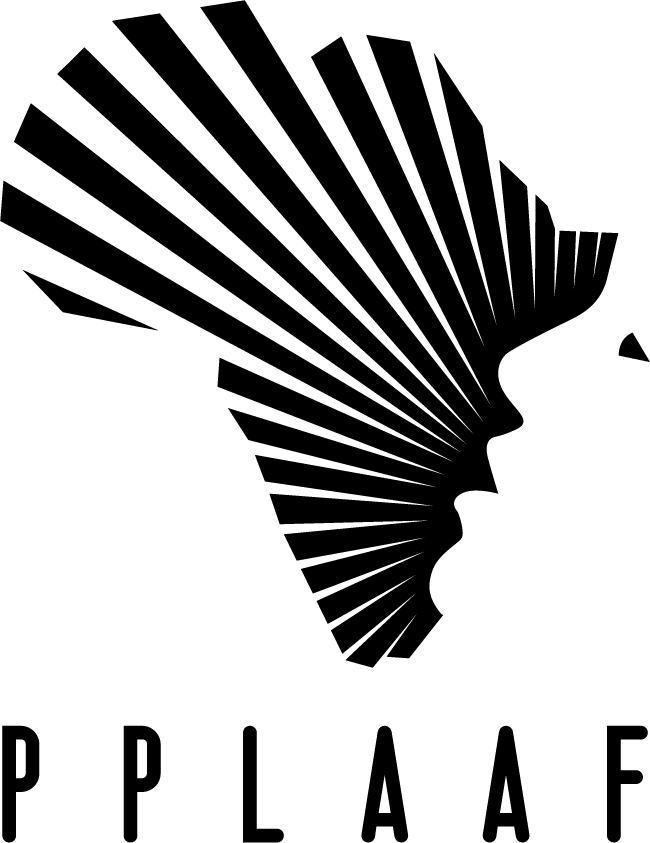Biswick Kaswaswa, former Finance Manager for South Sudanese energy company Trinity Energy Ltd, blew the whistle on the company’s alleged illicit business practices. His revelations were met with severe resistance and retaliations from his former employer. Following his revelations, Kaswaswa faced arbitrary arrest, detention, and torture from the South Sudan state security forces and was ultimately forced into hiding. Kaswaswa believes that the irregularities he witnessed at Trinity Energy Ltd. constitute a sophisticated and intricate money laundering scheme.
His testimony helped US-based investigative non-governmental organisation, The Sentry, publish its report “Crude Dealings: How oil-backed loans raise red flags for illegal activity in South Sudan” in February 2023. The report found that a 2018 loan deal between Trinity and a Cairo-based African Export-Import Bank,Afreximbank, and supported by the South Sudanese Government, “enabled powerful individuals to benefit from the manipulation of business worth hundreds of millions of dollars”.
Trinity Energy Ltd.
Trinity Energy Ltd. is South Sudan’s largest privately owned energy company. The company has two lines of business: the sale of refined oil (diesel and petrol products) and, since 2018, the sale of crude oil at retail and wholesale levels. At the wholesale level, sales are made in US dollars, while at the retail level, they are made in South Sudanese pounds. Over half of South Sudan’s fuel retailers make use of Trinity’s supply chain, and in 2019, the company provided over 40% of the country’s energy demand.
Soon after his contract started in 2018, Kaswaswa uncovered what he believed to be a complete lack of financial management regulations and policies. One of the primary issues Kaswaswa reported was a lack of audit trails which extended to funds deposited into the bank. Kaswaswa alleged that the company also used the black market for the illicit exchange of USD to South Sudanese pounds and vice versa.
In light of the lack of financial regulations, Kaswaswa was given the go-ahead to start implementing proper financial management and reporting mechanisms. However, by October 2018, his changes were rejected by top members of management and he began to face obstacles and was ultimately forced out of Trinity Energy Ltd.
Government Connections
Trinity Energy Ltd. also acts as a middleman for selling crude oil to a number of companies worldwide and to various ministries, including the Ministry of Defense (specifically the military), as well as the Office of the Vice President. The sale of fuel to the government was done at a wholesale level and presumably the government would have been charged inflated prices. Then, allegedly, the proceeds from the crude oil would have been shared between government officials and the company.
By September 2018, Trinity management was under vast amounts of pressure to repay a loan from the government of 4.2 billion South Sudanese Pounds (approximately USD28 million). During this time, Kaswaswa allegedly started to notice a number of suspicious transactions:
- Trinity exchanged US dollars for South Sudanese pounds using the black market. Kaswaswa spoke directly to the banks about legally exchanging dollars into South Sudanese pounds at a good rate and was told this was possible. However, according to Kaswaswa, the use of the black market was the preferred mechanism for Trinity, despite black market exchanges being illegal in South Sudan.
- Due to the pressure to pay back the loan, Kaswaswa believes that the company created suspicious and fake invoices to exchange US dollars for South Sudanese pounds. The invoices would be created for services that were not rendered and for goods that were not supplied.
- When Director Richard Raja travelled to New York to bid for a tender by the UN Interim Security Force for Abyei, he requested USD25 000 cash. This request was made despite the red flags it would raise when the company was audited. Raja authorised the withdrawal himself and kept no receipts for the expenses it covered. Kaswaswa, therefore, suspects that this money may have been intended for illicit payments.
- Kaswaswa was instructed to pay various government officials without their signatures. This was flagged by Kaswaswa as highly irregular and he alleges that these payments are likely to constitute bribes.
- Kaswaswa also witnessed the irregular issuing of loans. This included USD400 000 which he says was given to the Office of the First Vice President. The money was recorded as a “loan” from Trinity Energy Ltd. to the Government of South Sudan.
The Sentry Report: Trinity’s Trade Finance Facility Deal Benefitting Powerful Individuals
With the help of Kaswaswa’s testimony, The Sentry found that, with the support of the government, a loan deal between Trinity and Cairo-based African Export-Import Bank (Afreximbank) “enabled powerful individuals to benefit from the manipulation of business worth hundreds of millions of dollars”.
In April 2018, Trinity agreed to a trade finance facility with Afreximbank and endorsed by the South Sudanese Government, for a series of USD30 million loans to buy diesel and petrol that would be sold in South Sudan.
The arrangement enabled Trinity to have, on the one hand, privileged access to cargoes of South Sudan’s most valuable market, the crude oil market – which until this point, Trinity had never traded. The Sentry report reveals, in this sense, that for the 2018/19 financial year, Trinity was allotted over 40% of the crude oil cargo contracted by the government. Morevover, the company was given a dominant role in the market for petrol and diesel imports.
The agreement designated Swiss oil trader Glencore Singapore Pte Ltd, as the “original offtaker” (it bought and shipped oil cargoes allocated by the government to Trinity Energy). Through deals with Trinity and Afreximbank, Glencore shipped South Sudanese crude oil worth over USD 376 million in 2019.
Recruited in 2018, when the trade finance facility deal was being implemented, Kaswaswa, as Trinity’s Finance Manager, had access to details of the deal that were not made public and was responsible for collecting information on income and expenditure related to the deal.
With the help of his testimony, The Sentry’s investigation found that the loan cleared the way for off-book government spending, evaded legislation, and sustained “a damaging reliance on future oil production to finance current spending, mortgaging the future prosperity of the country and its citizens”. The Sentry also reported that the arrangements were “contrary to South Sudanese law, and their implementation raised red flags for bribery, tax evasion, and trade-based money laundering,” and that “[t]he South Sudanese government’s actions were at odds with its own laws on procurement, competition, transparency, and petroleum revenue management.”
The investigation found that Trinity Energy spent millions of dollars on “facilitation” including USD 1.5 million on “lobbyist fees and facilitation fees” in order to set up the trade finance deal. The Sentry report revealed also that during the negotiation period of the deal, the owners and directors of Trinity Energy had business and family ties with politically exposed persons in senior government positions. Furthermore, the report revealed that the company spent money on “business acquisition” costs for the Afreximbank deal, including USD 125,000 in payments to the government committee responsible for approving the deal.
The Sentry report further exposed the exchange of money on the black market and how the company disguised this by using fake invoices overseas.
Finally, The report revealed that Trinity Energy used the Afreximbank trade finance facility to supply diesel and gasoline worth millions of dollars to the South Sudanese army – which has been accused of war crimes and human rights abuses – at a time when government forces were involved in ongoing civil conflict.
As a result of blowing the whistle, Kaswaswa experienced retaliation of the highest degree from his former employer. With the help of various organisations and legal practitioners, the court case in Juba brought to light Trinity’s illicit connections to government officials that allowed the severe retaliation Kaswaswa faced. Moreover, the Sentry uncovered the support of South Sudanese state security forces in the retaliation faced by Kaswaswa by Trinity, Amnesty International finding that his arrest and detention by these security forces amounted to arbitrary arrest and detention. Kaswaswa has been assisted by PPLAAF since his revelations.
PPLAAF is a non-governmental organization established in 2017 to protect whistleblowers, as well as to advocate and engage in strategic litigation on their behalf when their revelations deal with the general interests of African citizens.




